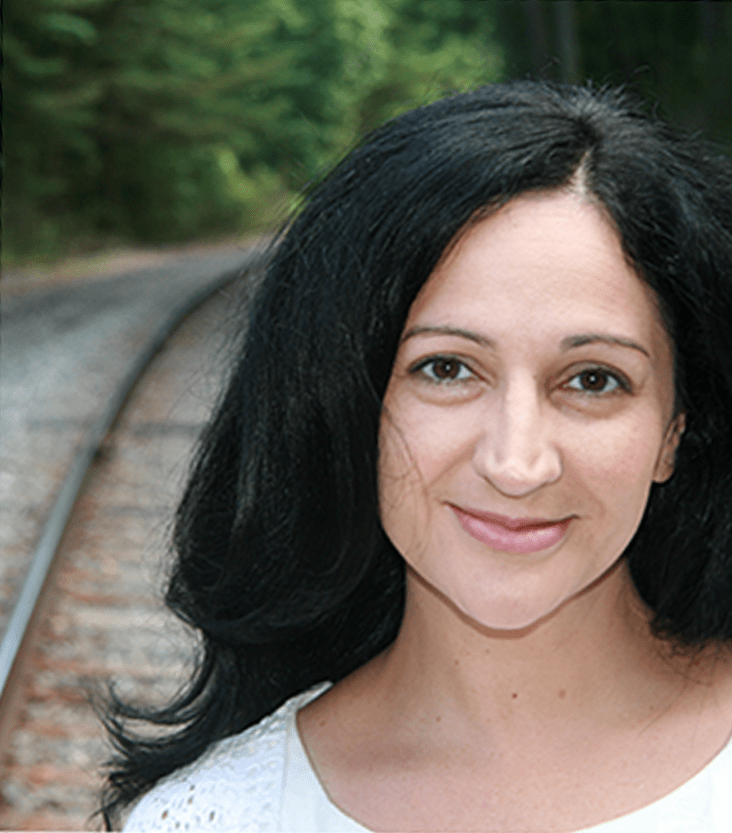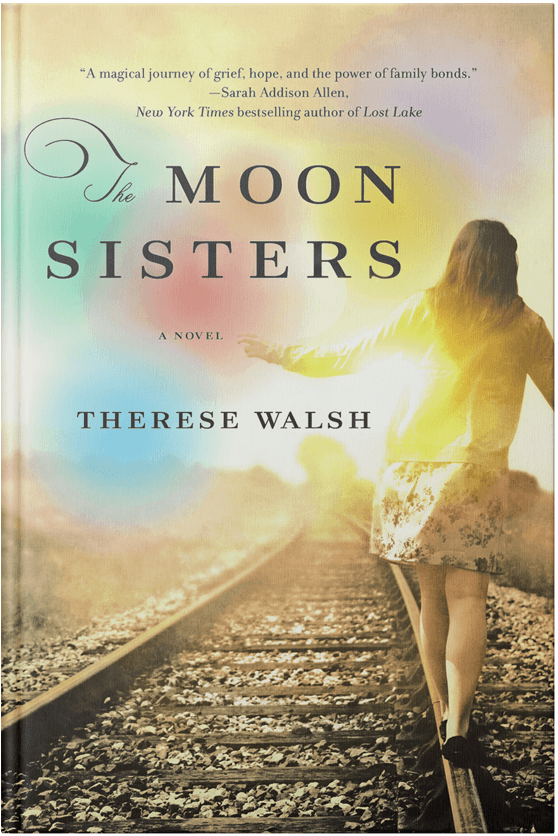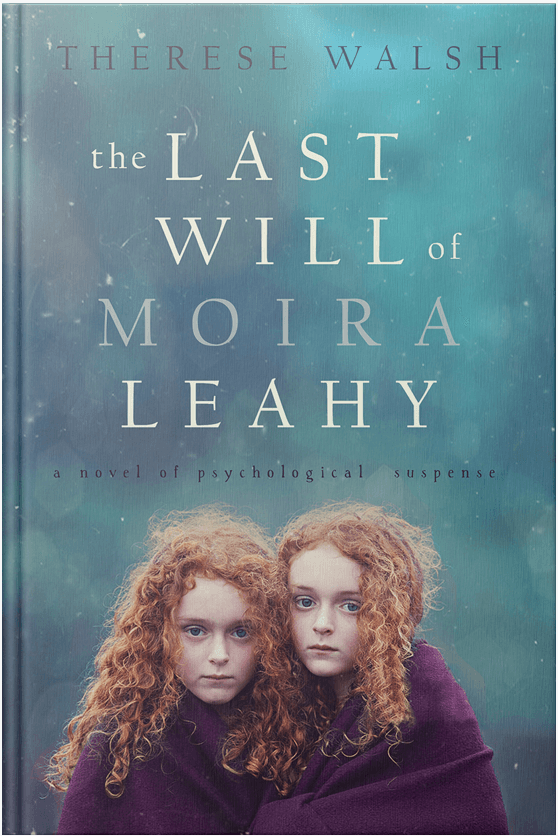
Describe your writing process: schedule, environment, strategies, and inspirations tangible and abstract.
I’m a creature of habit, so when I’m writing well, I’m writing every day. When I’m not writing, I may find it difficult to reconnect with the habit, which almost always leaves me feeling anxious and unfulfilled. So while I know I don’t have to write, I also know I’m my best self when I am writing. Knowing that, you may not be surprised to learn that when I’m writing, I tend to dedicate many hours a day to the page. I have an office with a regular desk, but I also have a treadmill desk in our family room; you might find me in either of those places, or even in the kitchen writing and watching the birds. (If you follow me on Instagram, you’ll know I’m a big bird-watcher and amateur photographer.) When I feel stuck–whether or not I’d call it writer’s block–it’s usually because I’ve made a mistake somewhere. This might mean a character behaved unnaturally, or I forced a plot point, or (name your infraction)! Sometimes it takes a few days to figure out where I’ve erred, but other times it’s a longer process. It’s always frustrating for me, and I can’t seem to move beyond the problem scene until I’ve figured it out.

Walk me through your publishing process from final draft to final product, including publishing team and marketing expectations of yourself as the author.
Is any draft a “final draft” when you’re traditionally published? Eventually, yes, but once you submit your polished “final” draft to your editor, you are bound to see that draft again—and probably change it again, too. That draft goes to your copy editor, who’ll return the draft to you with scads of notes and questions, which you’ll need to turn around with a “stet” (leave that word or phrase as originally written) or with a change that makes your story more concise or clearer/better in some way. After, your manuscript will be presented to you with those changes in the style of the actual book but with loose pages. At this stage—and through second- and sometimes third-pass pages—it’s important that you don’t make significant changes to the story. But sometimes you or your editor will catch errors/inconsistencies, or have a last-minute inspiration, and you’ll work something into the manuscript. Meanwhile, meetings with marketing and publicity may begin, in person or by phone, or even a combination of the two. That’s when you’ll hear the team’s plan for your book, and have the opportunity to ask questions and make suggestions.
For my part, I try to supplement whatever in-house initiatives are ongoing, usually by reaching out to bloggers, by sending myself on a tour (real and/or online), and especially by making inroads with my local arts community. I make sure my local bookstore(s) know when my book will be releasing, and I work in conjunction with my publisher to plan some events. It’s important that you try not to burn out once you move into full-time publicity mode, because it can be exhausting. But it can also be exhilarating, once your book arrives and is in your hands—first in the form of advance reader copies (ARCs) and later as early copies of your truly final draft, bound and covered and reader-ready. Always take time to appreciate this milestone. Personally, I like to throw a release-day party, usually to follow my first book signing.

Tell me about your support system online and IRL; who are your biggest cheerleaders?
My husband is my biggest cheerleader, followed by my kids and extended family. But I also see a lot of support behind the scenes from several author friends—people I trust with my early scenes and chapters, who know I need fuel and encouragement but will tell me if there are issues with the story. I also see a lot of support through the community of writers at Writer Unboxed; some of my most potent fuel comes from them.
How does
writing influence your life and vice versa?
Writer
Unboxed, which I co-founded with Kathleen Bolton thirteen years ago,
has had a tremendous influence on my life as a writer. It has kept me
tethered to writing during tough times, when I might otherwise have
given up. In a broader way, my life informs my writing, because I
tend to process ideas through my writing. And my writing influences
my life because, on the other side of “The End,” I have a clearer
understanding about an idea or a problem, or even my own human
capabilities and limits.

What do you love most about your creativity?
I love the way it can surprise me, whether it’s a mid-scene revelation or a way of tying up a scene that springs up seemingly out of nowhere. Times like that, I feel like there’s a ghost over my shoulder, typing in those words, because it feels more than a little otherworldly and outside of myself. That’s when I feel luckiest to be a writer.
Connect with Therese: